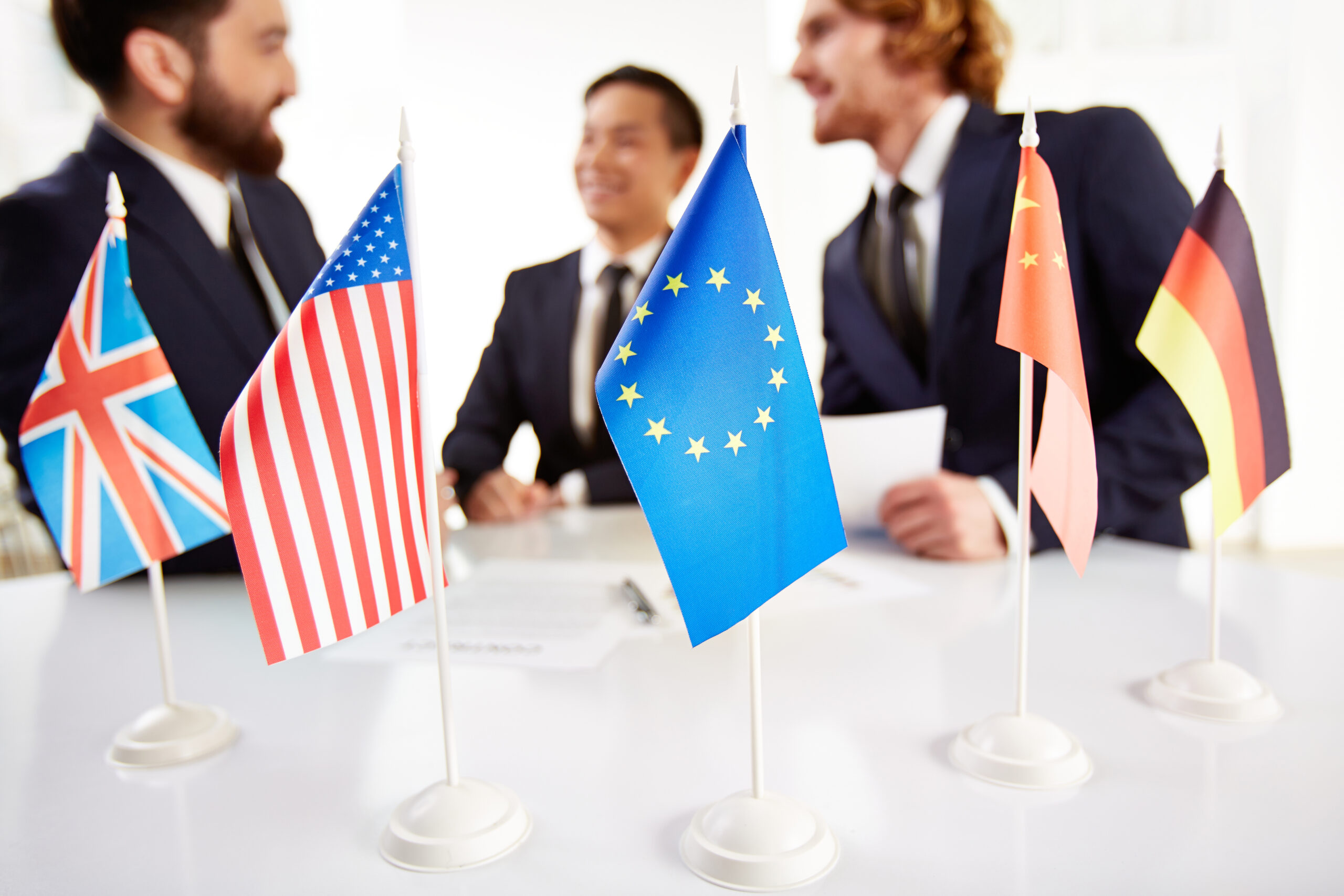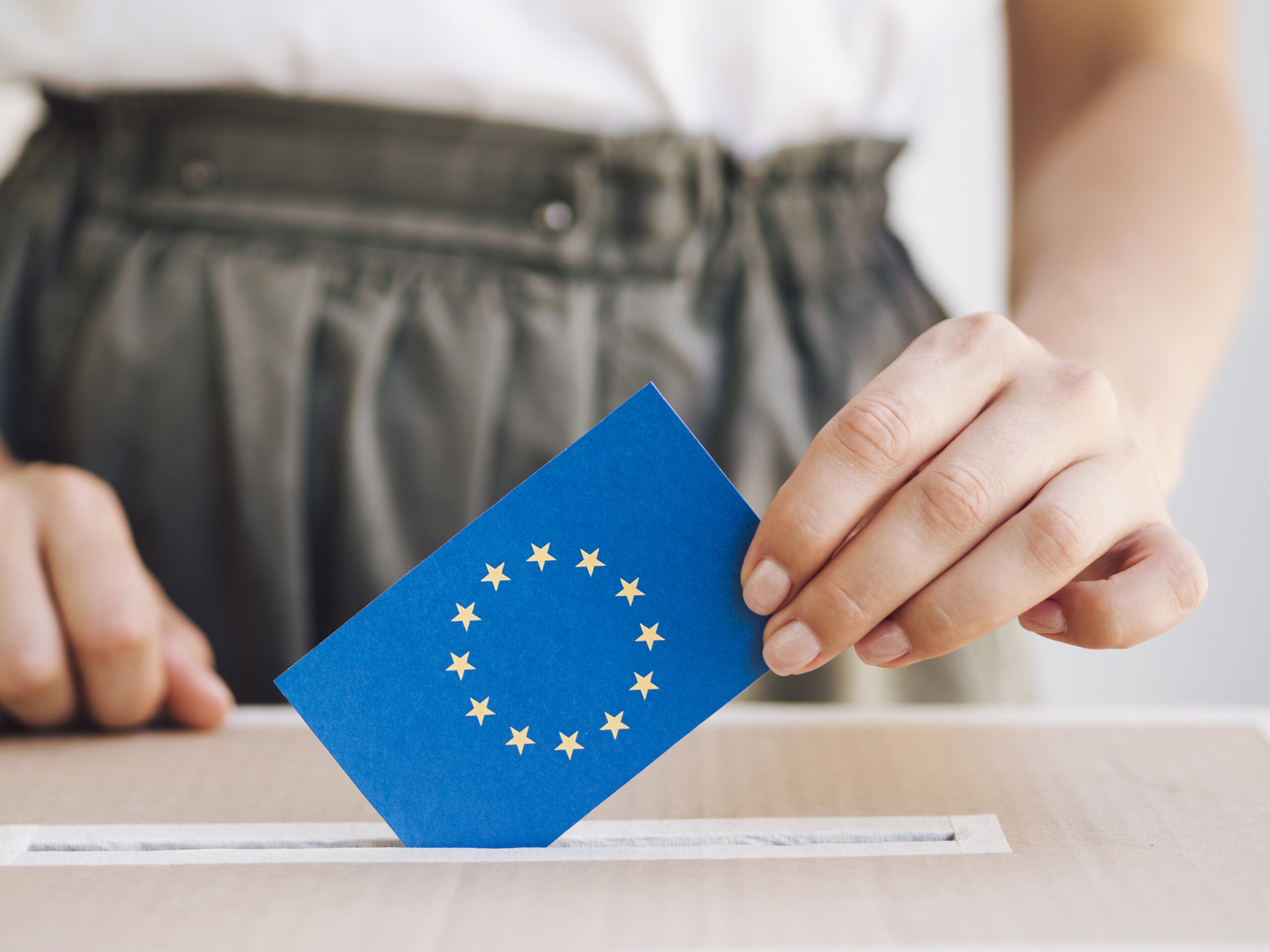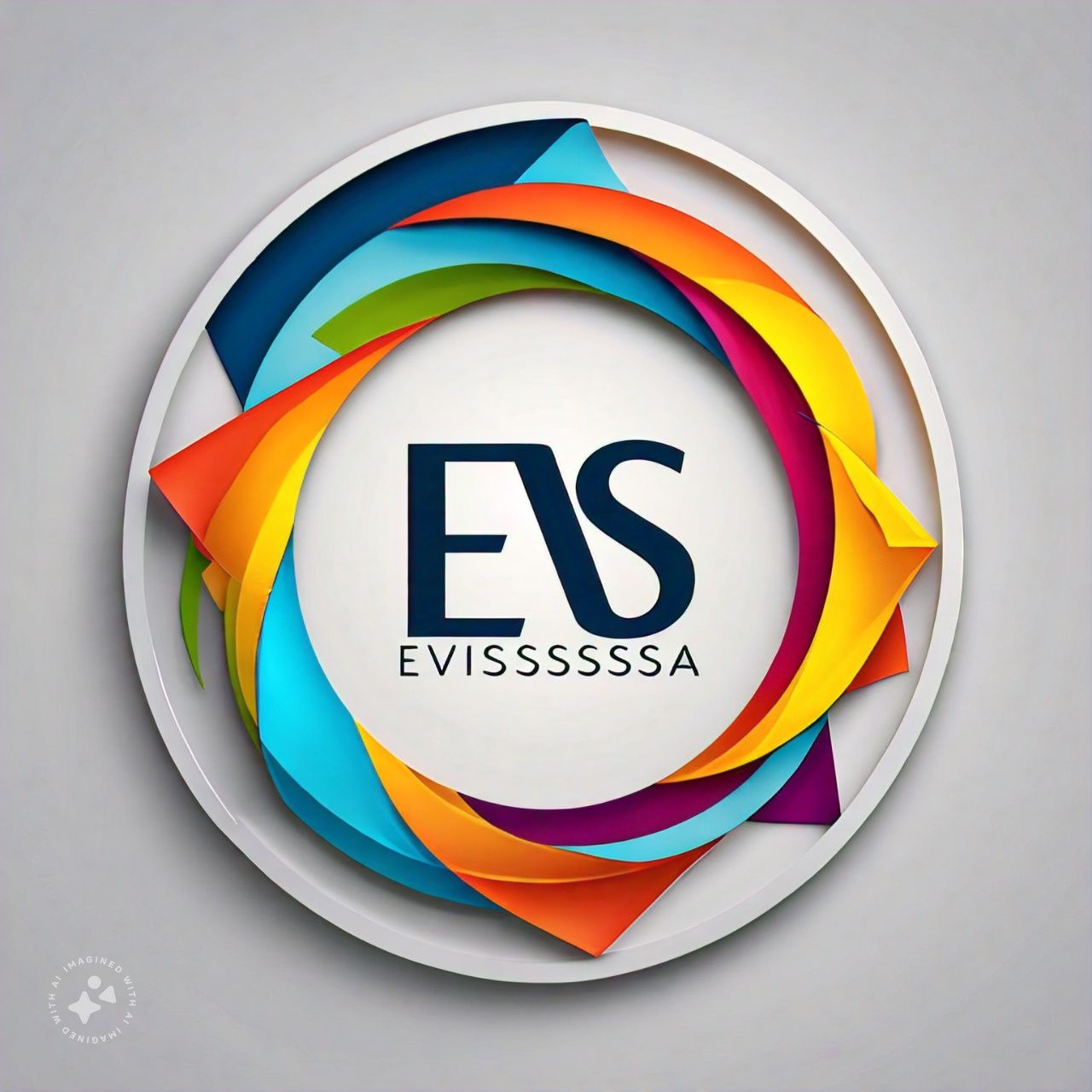
Kazakhstan is actively urging the European Union (EU) to begin negotiations on facilitating Schengen visa access for Kazakh citizens. This push is part of Kazakhstan’s broader efforts to strengthen its ties with the EU, enhance its global connectivity, and improve mobility for its citizens.
Key Points About Kazakhstan’s Push for Schengen Visa Facilitation:
- Increasing Demand for Travel: Kazakhstan’s population has shown a growing interest in traveling to the EU for tourism, business, and education. As more Kazakh citizens seek opportunities in European countries, there is increasing demand for easier and more affordable visa processes.
- Improved Relations with the EU: Over recent years, Kazakhstan has made significant efforts to deepen its relations with the EU. These efforts include enhancing diplomatic ties, improving economic cooperation, and aligning with EU standards in various sectors, such as trade and human rights. Facilitating visa access would be a logical next step in this partnership.
- Schengen Visa Facilitation: The Schengen Area includes 27 European countries, which allow for free movement across their borders once a visa is issued. Currently, citizens of Kazakhstan need to apply for a Schengen visa to visit most EU countries, a process that can be costly and time-consuming. Facilitating visa issuance for Kazakh citizens would simplify travel and boost exchanges between Kazakhstan and the EU.
- Strategic Importance: Kazakhstan is centrally located in Central Asia, acting as a key player in the region. Improving access to Schengen visas would not only benefit Kazakhstan’s citizens but also help promote economic, cultural, and educational exchanges between Kazakhstan and the EU, strengthening regional stability and cooperation.
- Political Support: Kazakhstan’s government, led by President Kassym-Jomart Tokayev, has been vocal in its desire to make this process smoother. In recent discussions with EU officials, the Kazakh government has emphasized the importance of facilitating visa procedures as part of its broader foreign policy goals, particularly in terms of improving people-to-people connections.
- EU Response: While the EU has generally been open to enhancing visa facilitation agreements with countries in its neighborhood and beyond, the process often involves several layers of negotiation. The EU will likely assess factors such as security, economic benefits, and political relations before proceeding with talks. Additionally, any agreement will require approval from EU member states, which could take time.
Potential Benefits of Visa Facilitation:
- Enhanced Mobility: Kazakh citizens would benefit from easier travel to European countries, opening up opportunities for tourism, education, and business. It would also foster stronger personal and professional ties between Kazakhstan and EU citizens.
- Boost to Tourism: The facilitation of visas could lead to increased tourism from Kazakhstan to the EU, benefiting both Kazakh travelers and European businesses in the tourism sector.
- Business and Trade Opportunities: Easier access to the EU would encourage more Kazakh entrepreneurs, investors, and professionals to engage with the European market, potentially leading to increased trade, investment, and collaboration.
- Strengthened Diplomatic Relations: The move would likely improve Kazakhstan’s diplomatic standing with the EU, opening doors for further cooperation in various fields, including security, technology, and culture.

Challenges and Considerations:
- Security Concerns: One challenge in facilitating visa access is ensuring that the EU maintains robust security measures to prevent illegal immigration or other risks. Kazakhstan would need to cooperate closely with the EU on these matters.
- Bureaucratic Hurdles: While Kazakhstan and the EU have expressed interest, the process of visa facilitation requires extensive negotiations and agreements. This could involve addressing issues such as visa application procedures, fees, and data-sharing agreements.
Conclusion:
Kazakhstan’s call for the EU to begin talks on Schengen visa facilitation highlights the growing importance of mobility for Kazakh citizens and the desire to strengthen bilateral ties with the EU. If successful, the initiative would enhance travel, business, and cultural exchanges between Kazakhstan and the EU, while also contributing to Kazakhstan’s broader diplomatic and economic ambitions. The outcome of these talks will likely play a key role in shaping future relations between Kazakhstan and the European Union.

